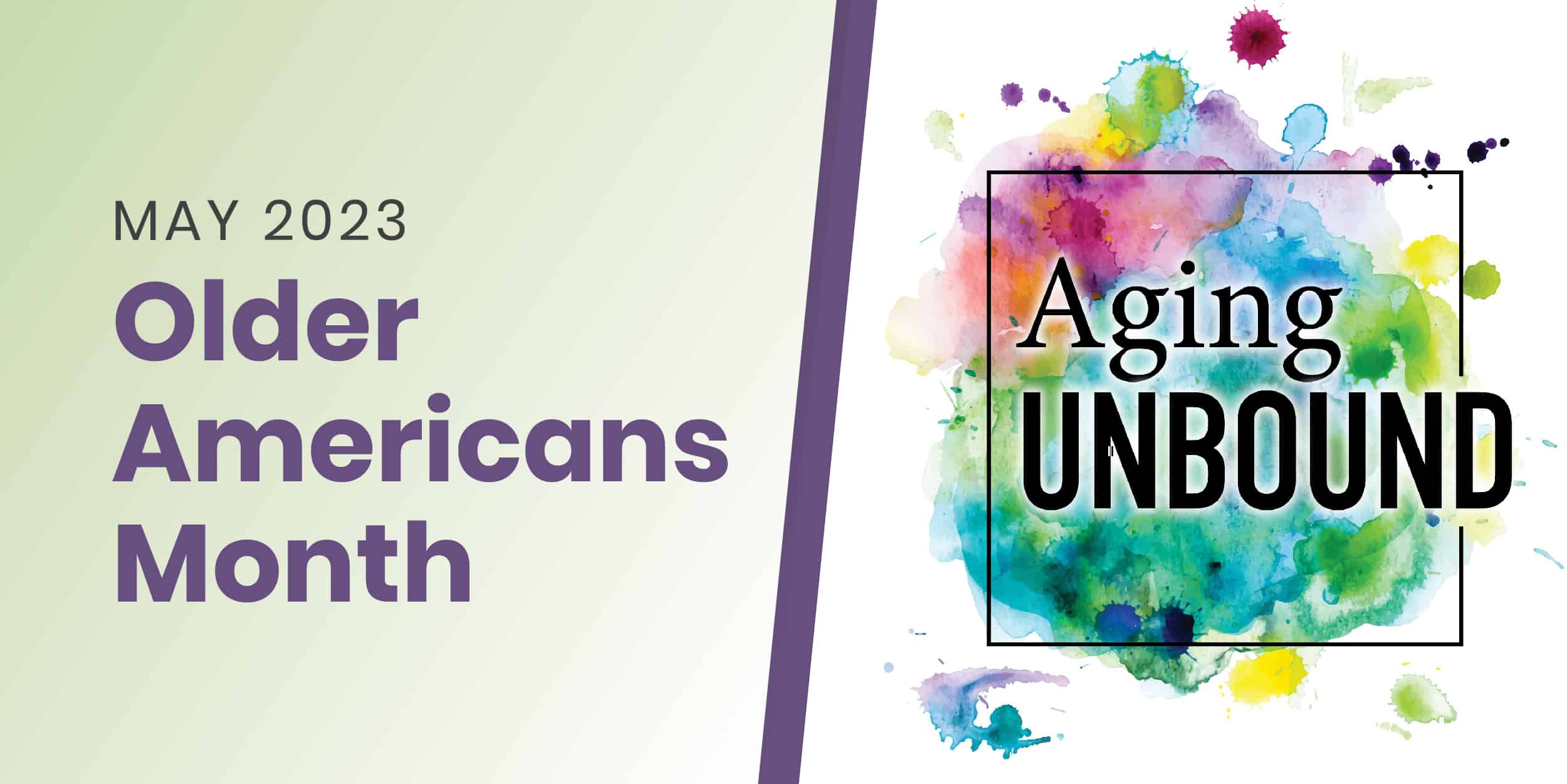This May marks the 60th anniversary of Older Americans Month – a time to recognize the countless contributions that older adults make to our communities. It’s also the perfect time to consider the impact age has on your breast cancer risk. According to the Centers for Disease Control (CDC), most cases of breast cancer are diagnosed in women over 50 years old, and advanced age alone is a significant risk factor for the disease. Since breast cancer screening recommendations depend on your age and risk level, it’s worth revisiting when screening mammograms are recommended for women at different milestones throughout their lives.
Just recently, the U.S. Preventive Services Task Force issued updated recommendations, advising women at an average risk of breast cancer to begin regular screenings starting at age 40.
With early detection in mind, the American College of Radiology (ACR) and the Society for Breast Imaging (SBI) have always recommended starting screening mammography at 40 for women at average risk of breast cancer. Women at high risk of breast cancer may start screening at age 30.
You might be wondering, then – is there an age that I should stop having mammograms? We know that about 20% of breast cancer diagnoses occur in women over 75, so there’s still benefit in screening mammography for women of any age. The ACR states that “there is no established age for women to stop screening and they should continue breast cancer mammography screenings as long as they are healthy and desire to remain so.”
Although older women are at an increased risk for cancer, treatments may impact patients differently depending on their overall health. Breast cancer treatment may look different for a woman in her 70s compared to a woman in her 40s, but every cancer can be more effectively treated when it is small – so, vigilance pays off for patients at any age.
While mammography is an important piece of the puzzle, women can take additional measures to reduce their risk of breast cancer. Staying active and maintaining a healthy weight are important steps toward reducing your breast cancer risk, according to the CDC. Limiting alcohol consumption can also help to minimize your risk. A healthy lifestyle will help no matter your age, but the month of May is a great reminder to take stock of your breast health and schedule your regular screening.
Talk to your healthcare professional today about your personal risk level and how to proactively care for your breast health. While aging is inevitable, breast cancer doesn’t have to be – especially when detected early with a screening mammogram.
[1] https://www.cdc.gov/cancer/breast/basic_info/risk_factors

